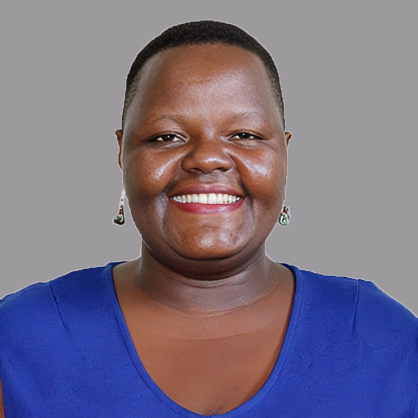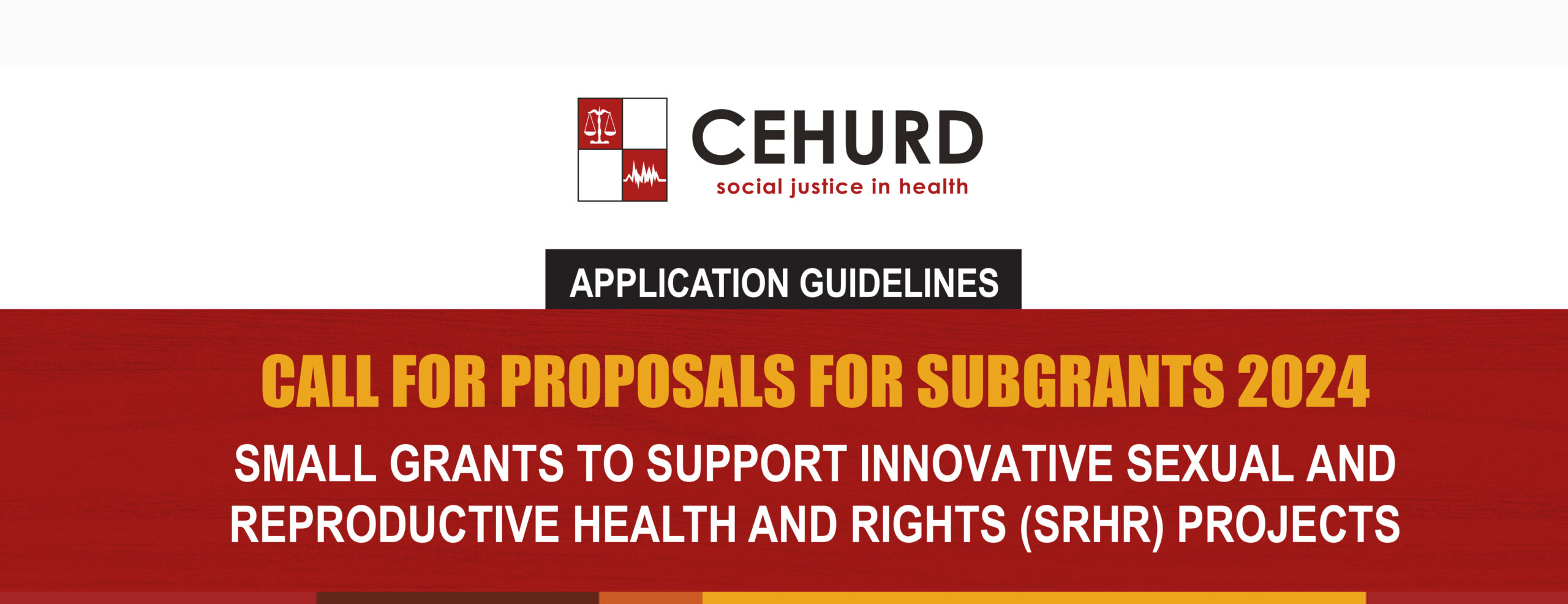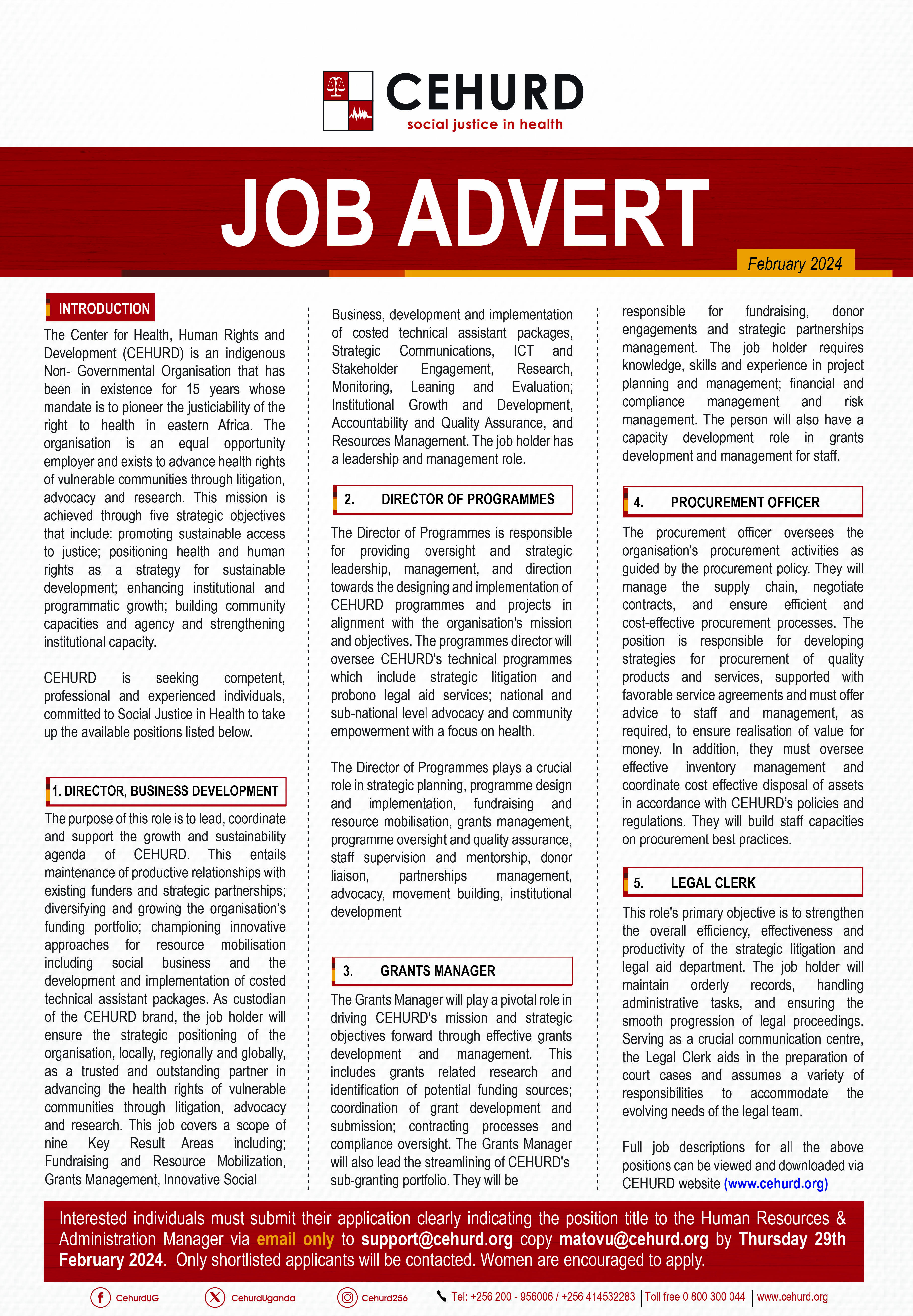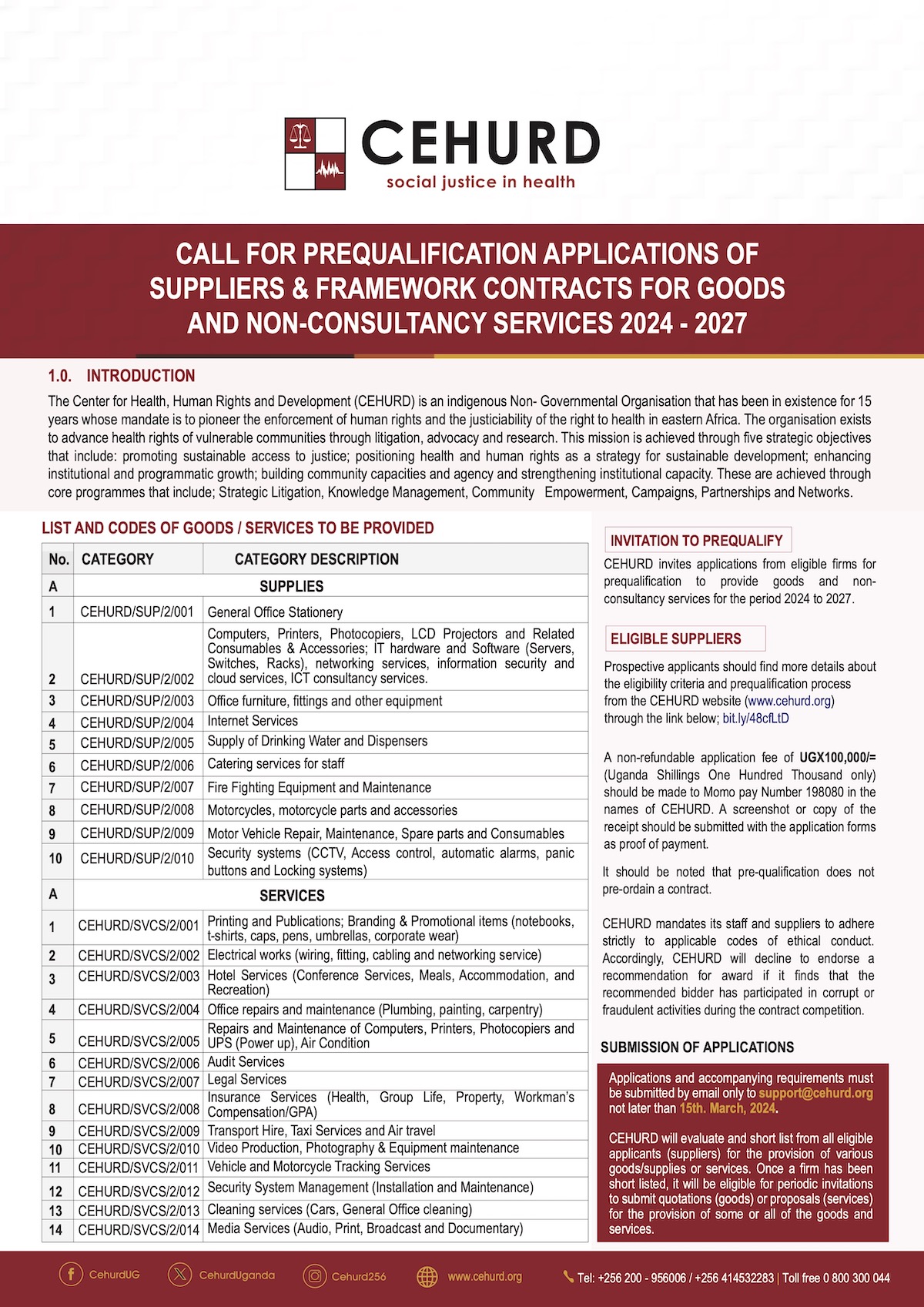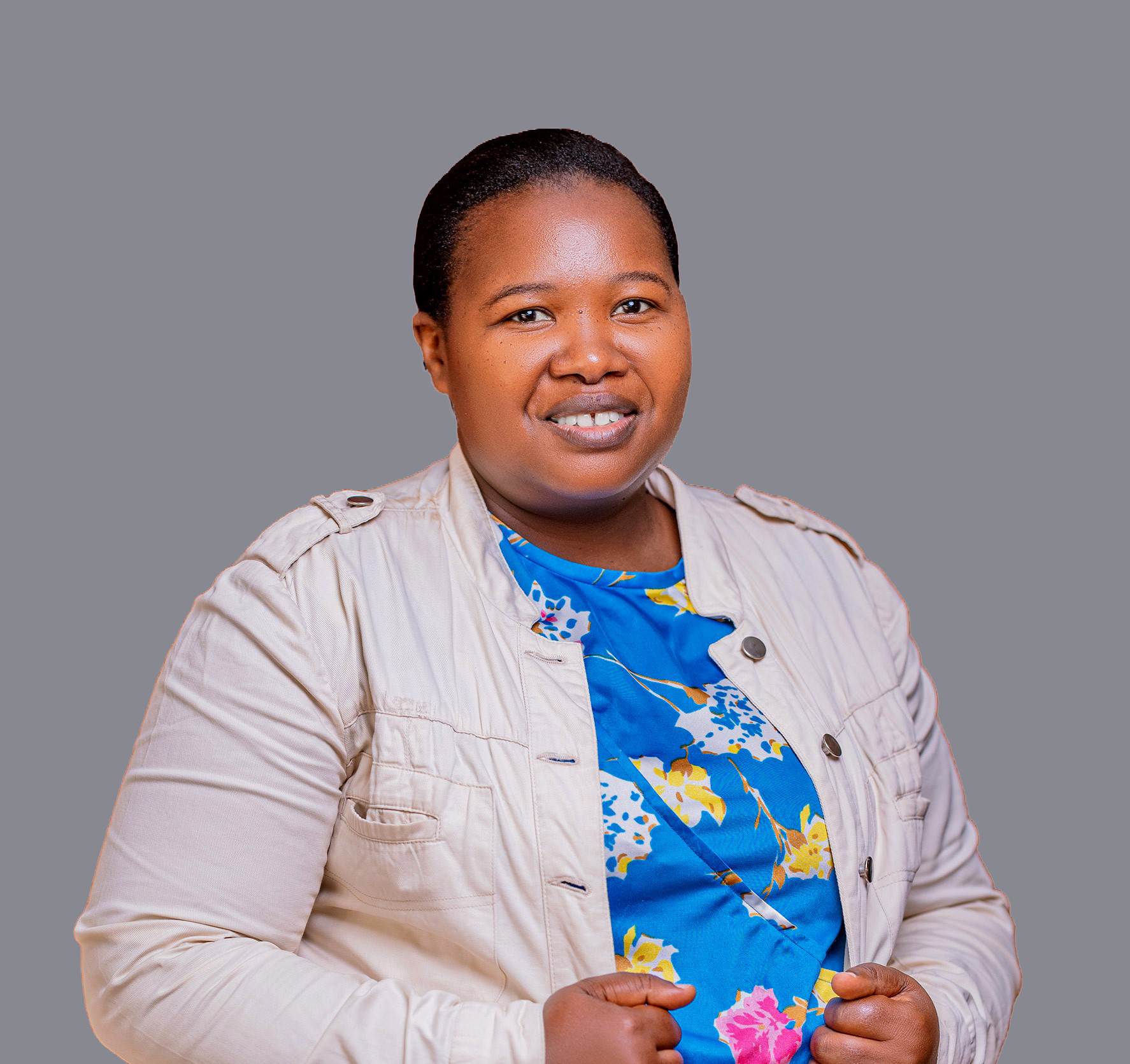In Uganda, the pursuit of gender equality has seen significant strides in recent years through several initiatives aimed at empowering women in various aspects of life. Initiatives such as the Gender and Equity Certification Program and the National Gender Policy underscore the commitment to addressing gender disparities. However, it is noteworthy that there is a gap in policies explicitly targeting menopause as a workplace challenge.
It is thus essential to shed light on the often-overlooked journey of women in the workplace, especially as they navigate the unique challenges posed by menopause. Contrary to common belief, menopause isn’t exclusively an issue for older women, it can impact women below the age of 40 (pre-mature menopause), significantly affecting their professional and personal lives. This silent transition demands understanding, support, and an inclusive workplace environment to empower women during this critical phase.
The Hidden Struggles: Menopause brings forth a myriad of challenges that can impact a woman’s physical and mental well-being, potentially influencing her overall job satisfaction and performance. Common symptoms include hot flashes, mood swings, sleep disturbances, and cognitive changes. These challenges not only undermine a woman’s confidence but also disrupt concentration and impact her ability to handle stress effectively.
The Working Woman’s Dilemma: The workplace, traditionally structured without considering the specific needs of women experiencing menopause, can inadvertently amplify these challenges. Despite the prevalence of menopause among women, it remains a topic often shrouded in silence and stigma. Many women feel hesitant to openly discuss their experiences, fearing judgment or discrimination in the workplace. This lack of awareness and support perpetuates a culture of silence, hindering women from seeking the help and accommodation they need. As women increasingly play multifaceted roles, balancing career aspirations with societal expectations, the impact of menopause on their professional lives becomes a pertinent aspect to consider.
Efforts to promote gender equality should expand to encompass policies that address the specific needs of women navigating menopause in the workplace. Recognizing and accommodating the challenges posed by menopause aligns with the broader goal of creating an inclusive and supportive work environment where women can thrive across various life stages, ultimately contributing to a more equitable society. Incorporating menopause considerations into existing gender equality policies can further enhance the overall well-being and empowerment of women in Uganda.
Special Message to Women: let us celebrate not just our achievements but also acknowledge the unique journey many of us navigate through menopause. It’s a phase that may bring physical and emotional changes, impacting both personal and professional spheres. Remember, you are not alone on this journey. Embrace open communication, seek support, and prioritize self-care. Recognize your strength and resilience as you navigate these changes at the workplace. Advocate for your needs, and let’s work collectively to foster understanding, empathy, and positive change. You are valued, empowered, and deserving of a workplace where your well-being is prioritized.
Examples of Workplace Neglect
Temperature Control and Comfort: Many workplaces are not designed with consideration for temperature control, comfortable seating, or adequate lighting. This oversight exacerbates symptoms like hot flashes and fatigue. It is important that employers invest in creating a comfortable and supportive workplace environment. This includes adjustable temperature controls, ergonomic seating, and adequate lighting to accommodate women experiencing symptoms like hot flashes and fatigue.
Flexible Work Arrangements: Some employers fail to provide flexible work hours or remote work options, making it challenging for women to accommodate varying energy levels and the need for extra rest during challenging times. Employers are encouraged to introduce flexible work hours or remote work options to allow women to manage their workloads effectively while dealing with fluctuating energy levels.
Limited Education and Awareness about menopause: Many workplaces lack educational programs about menopause. This absence of understanding among colleagues and supervisors contributes to a lack of empathy and support for women experiencing these challenges. Workplaces may consider prioritizing implementing educational programs about menopause. This not only raises awareness but also fosters understanding among colleagues and supervisors, encouraging empathy and support.
Limited Wellness Programs: Some workplaces lack comprehensive wellness initiatives addressing the physical and mental well-being of women going through menopause. This includes insufficient access to counseling, support groups, and fitness programs. Companies should incorporate comprehensive wellness initiatives addressing the physical and mental well-being of women experiencing menopause. This includes providing access to counseling, support groups, and fitness programs.
Communication Barriers: In workplaces where open conversations about menopause are discouraged or not facilitated, women may feel isolated and unable to express their needs and concerns without fear of judgment. Encouraging open conversations about menopause is crucial. Creating a platform for women to express their needs and concerns without fear of judgment fosters a supportive and inclusive workplace culture.
Creating a supportive environment for women experiencing menopause is not just an empathetic gesture; it is a workplace necessity. Advocacy for policy changes and the implementation of supportive measures is crucial to ensure that women can navigate this phase without compromising their professional growth.
Together, let’s embrace women’s health and create a workplace where every woman feels valued, understood, and empowered to succeed.
With solidarity,
Compiled by Nakalembe Judith Suzan, Community Empowerment Programme, CEHURD.

